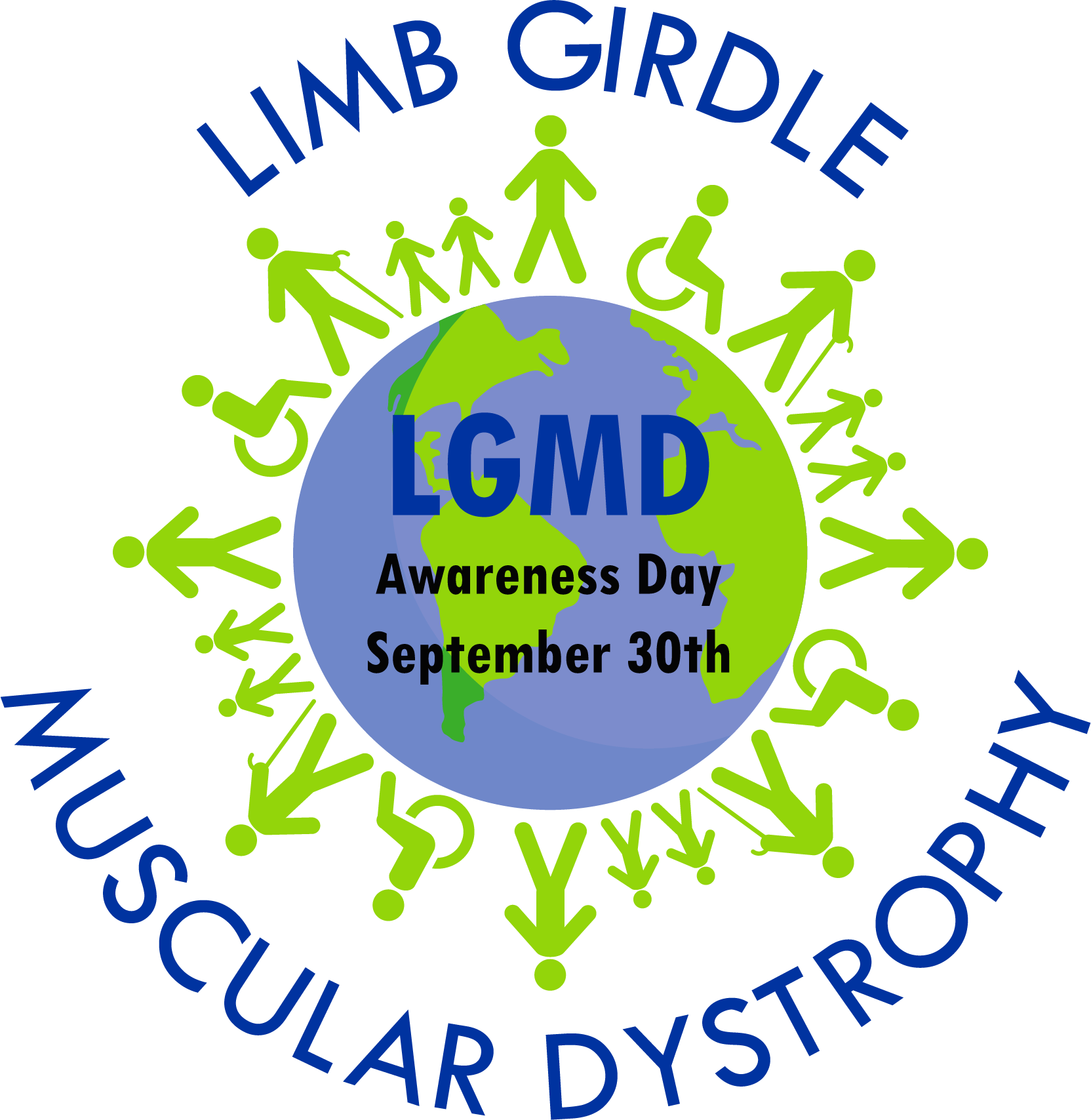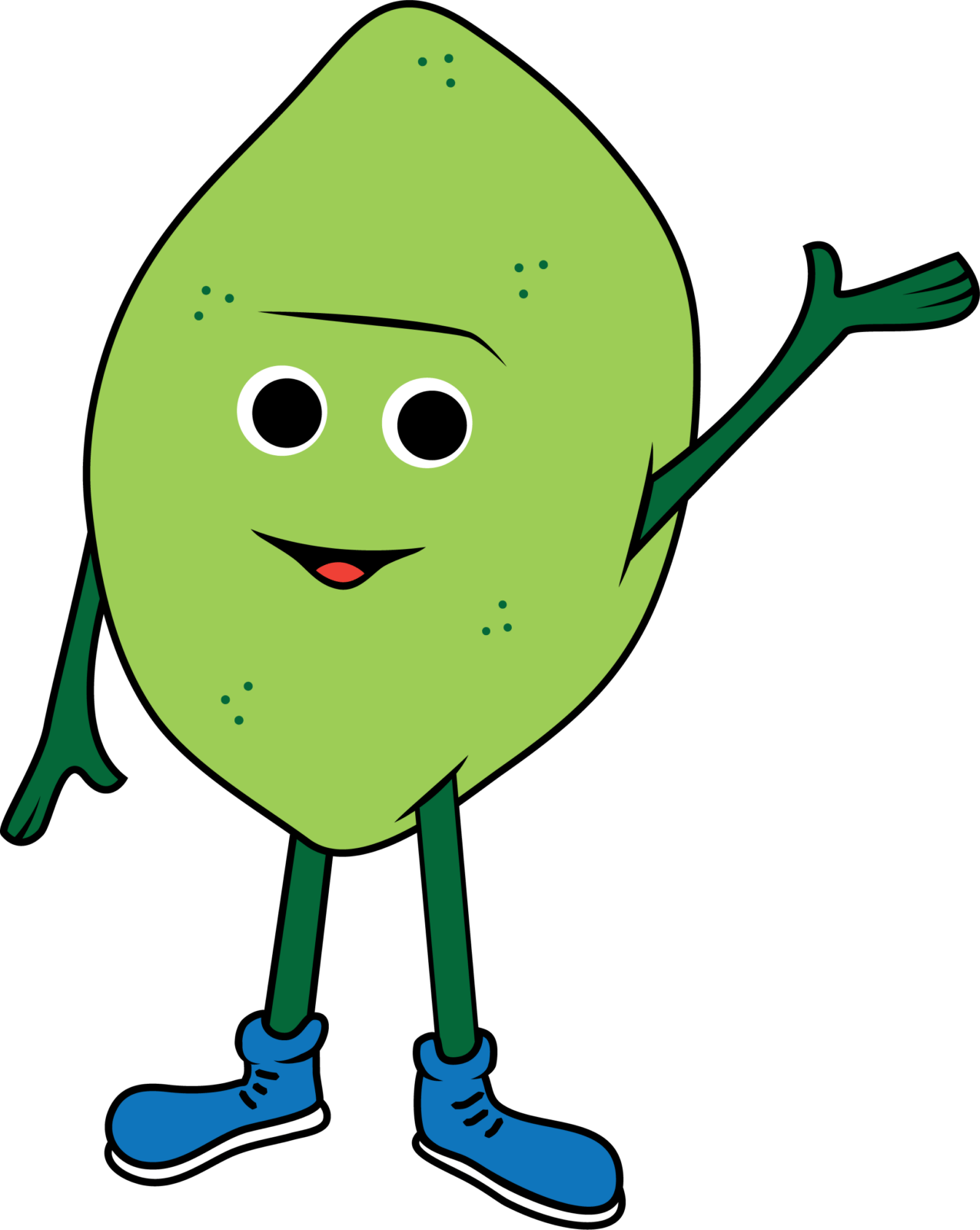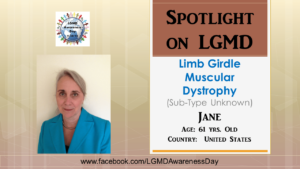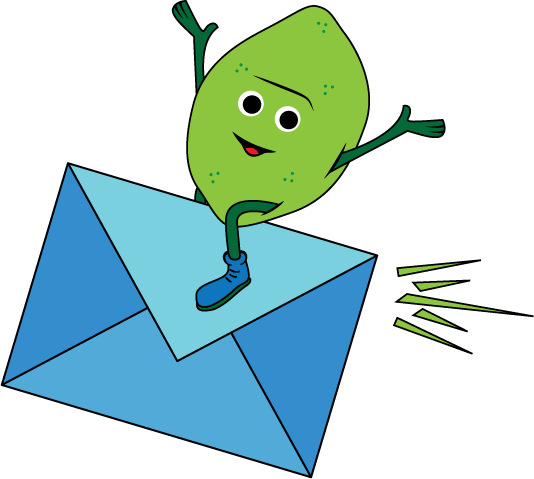ИНДИВИДУАЛ С ЛГМД: Джейн
03/22/2015
Страна: Соединенные Штаты
LGMD Sub-Type: unknown
AT WHAT AGE WERE YOU DIAGNOSED?
I was “officially” diagnosed at age 46 but I had symptoms in my late 30’s.
WHAT WERE YOUR FIRST SYMPTOMS?
I was the kid who was never “good at gym.” Looking back I may have had some clues earlier in my adult life but it wasn’t until I was in my 30’s that I realized I couldn’t get up from the floor (or from a squat).
DO YOU HAVE OTHER FAMILY MEMBERS WHO HAVE LGMD?
My father had LGMD. He passed away in 2001. (My Dad also had a late onset but he had a pretty fast progression. Sadly he passed before genetic testing was available.)
WHAT DO YOU FIND TO BE THE GREATEST CHALLENGE IN LIVING WITH LGMD?
My progression has been slow and I am still walking but I can no longer walk long distances without supports. Stairs are very challenging for me and I can’t rise from chairs without assistance. For me the most challenging thing is the lack of understanding and the many misconceptions people have about LGMD. I also find the lack of accessibility to buildings and events very challenging. I still want to be with people and do what they are doing but there are sometimes when that isn’t possible because of access issues.
WHAT IS YOUR GREATEST ACCOMPLISHMENT?
I’ve raised three wonderful children who are all successful and loving adults and I have four amazing grandkids. I learned to ride horses at age 50 and took several vacations where I went on long vacation rides with my family. In 2009 I was named “Student of the Year” by the American Riding Instructors Association (ARIA)
HOW HAS LGMD INFLUENCED YOU IN BECOMING THE PERSON YOU ARE TODAY?
Living with LGMD has made me a more empathetic person. I know that just because you can’t see it on the outside does not mean people are not struggling on the inside. I try to regard others the way I want them to regard me.
WHAT DO YOU WANT THE WORLD TO KNOW ABOUT LGMD?
Our knowledge of this disease is expanding exponentially. Everyday we learn more about the genetic causes and I believe with more research support and social awareness we will find the cure.
If YOUR LGMD COULD BE “CURED” TOMORROW, WHAT WOULD BE THE FIRST THING THAT YOU WOULD WANT TO DO?
Go out dancing.








